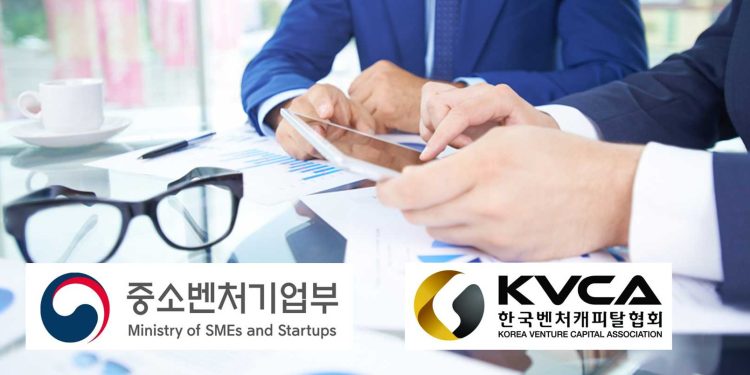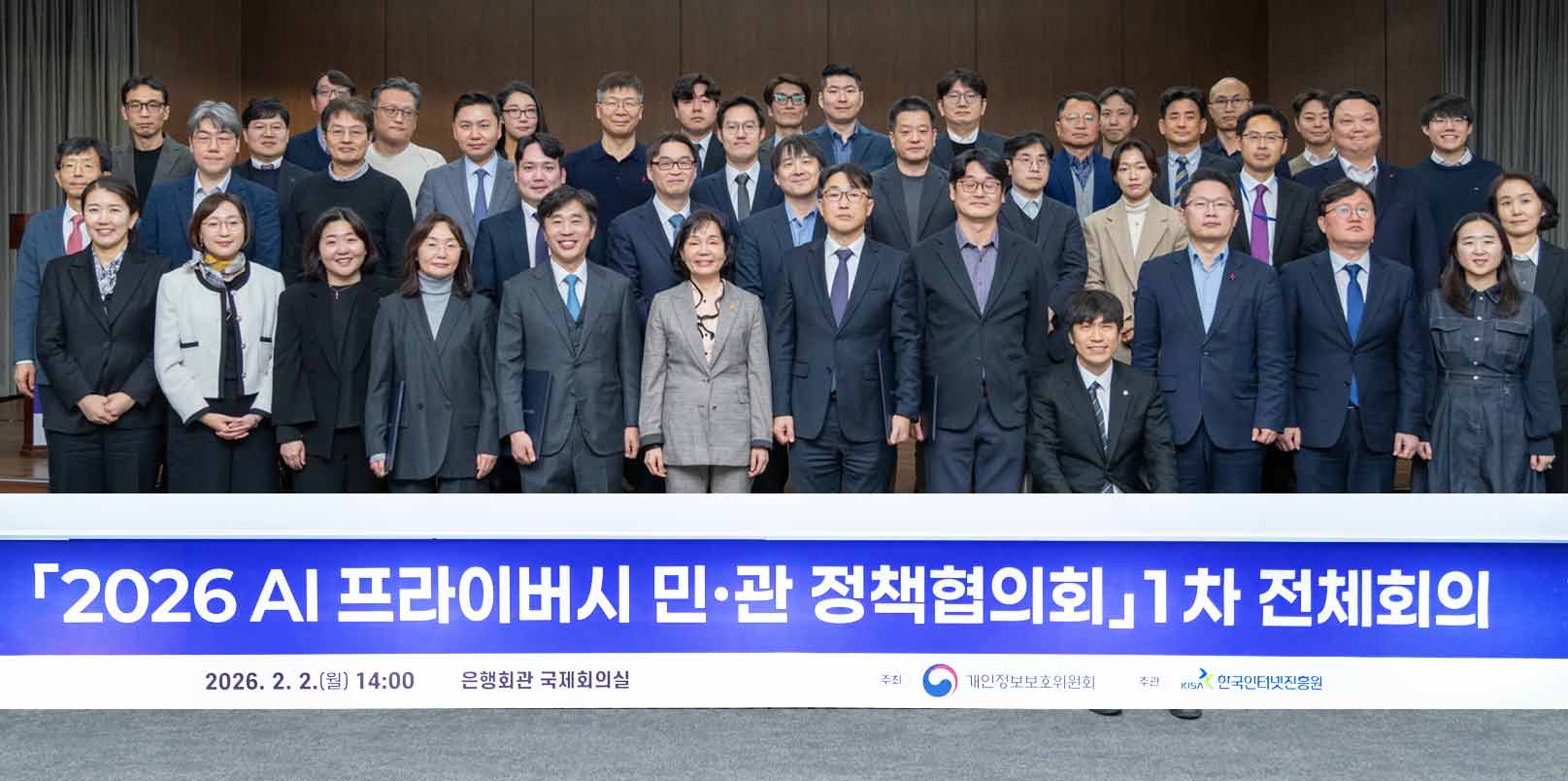Korea is shifting its venture capital oversight from government-driven regulation to a private-led self-regulation framework. The Ministry of SMEs and Startups (MSS) and the Korea Venture Capital Association (KVCA) have introduced a system that evaluates firms on governance, ethics, and compliance. This new system signs that South Korea is aligning its venture ecosystem with international standards of transparency and accountability.
Korea Rolls Out Self-Regulation Standards for Venture Capital
On September 16, 2025, the Ministry of SMEs and Startups (MSS) and the Korea Venture Capital Association (KVCA) opened applications for venture capital firms to participate in a newly established self-regulation evaluation system. Applications are being accepted until October 10.
The new venture capital self-regulation program evaluates voluntary Venture Capital participants in six categories, including:
- Self-regulation governance structures
- Ethical codes
- Internal controls to prevent conflicts of interest
- Fund trustee operations
- Anti–money laundering compliance
Each firm will be assigned one of six ratings (S, A+, A, B, C, D). High-performing firms will receive preferential treatment in Fund of Funds allocations starting in 2026, and the two top-rated firms will be awarded ministerial commendations. The list of top-rated firms will also be made public.
From State Oversight to Private Accountability: Why Now
For decades, Korea’s venture investment environment has been shaped by government-led regulations. But as the investment ecosystem has matured and VC influence has expanded, calls for a preventive, private-led approach have gained momentum.
The KVCA has already taken steps by drafting ethical codes and internal control standards, establishing baseline guidelines for responsible investment. This year’s evaluation system is designed to broaden adoption and strengthen credibility across the industry.
Government and Industry Leaders Weigh In on the Shift
Kim Bong-deok, Director of Venture Policy at MSS, emphasized the policy’s strategic intent:
“This evaluation marks an important turning point for the VC industry to enhance its credibility on its own. The government will actively support private-led efforts so that a responsible investment culture takes root and leading VCs can set the standard in the market.”
Kim Hak-gyun, Chairman of the Korea Venture Capital Association, noted the industry’s role in shaping the framework:
“This initiative carries weight as it was created from the industry’s own sense of responsibility. Private-sector self-regulation will strengthen both transparency and trust in Korea’s venture capital market.”
What the New Self-Regulation Rules Mean for Korean Startups and Global Investors
This new Korean venture capital self-regulation will bring more than just a procedural shift for startups. By linking Fund of Funds incentives with ethical and governance standards, the government is making accountability a condition of capital access. It could establish new expectations for transparency in a venture market that is increasingly under international scrutiny.
Global investors will also recognize familiar ground. Mature ecosystems such as the United States and Europe already depend on private-led compliance and fiduciary norms. Korea’s adoption of comparable measures strengthens its credibility as an Asia-Pacific hub for cross-border venture investment.
Trust as Korea’s Next Competitive Edge
Ultimately, Korea’s new self-regulation framework for venture capital marks a strategic step toward embedding global standards of trust, governance, and responsibility into its startup investment ecosystem. If effectively implemented, it could reduce risks of conflicts of interest, strengthen fund management integrity, and set a higher benchmark for VCs competing for state-backed Fund of Funds allocations.
And so, startups benefit from a healthier funding environment. Investors gain a clearer, more transparent market. Together, these changes send a decisive signal that Korea’s path to sustainable growth in the global startup economy will rely not only on capital, but on credibility.
– Stay Ahead in Korea’s Startup Scene –
Get real-time insights, funding updates, and policy shifts shaping Korea’s innovation ecosystem.
➡️ Follow KoreaTechDesk on LinkedIn, X (Twitter), Threads, Bluesky, Telegram, Facebook, and WhatsApp Channel.






